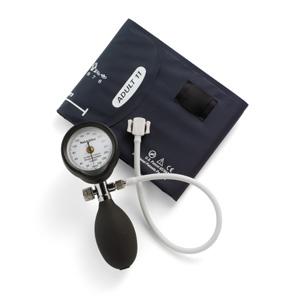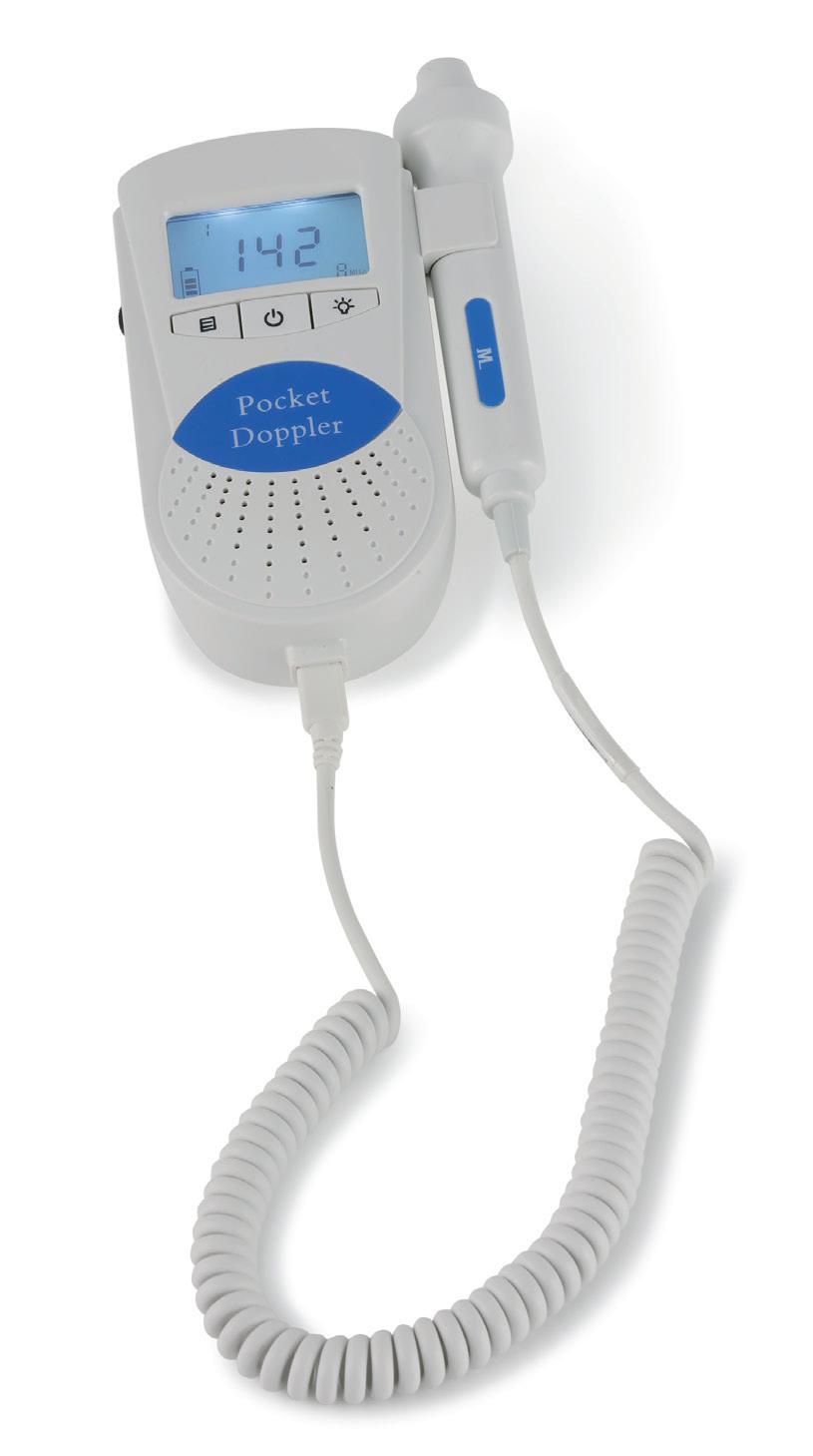
7 minute read
CONTINUED STRIDES IN HIV TREATMENT
Emily Clarke Gifford speaks to Clinical Lead of the HSE's Sexual Health and Crisis Pregnancy Programme, Prof Fiona Lyons, about the challenges Covid-19 has posed for people living with HIV, new treatments, and the stigma still faced by this population
It is estimated that there are over 6,000 people living with human immunodeficiency virus (HIV) in Ireland. According to provisional data from the Health Protection Surveillance Centre (HPSC), published last year, there were 539 diagnoses of HIV notified in 2019. The organisation HIV Ireland has raised concern that this is the highest level in Ireland since records began.
In 2018, there were 523 diagnoses of HIV notified, according to HPSC data for that year.
In addition to the existing issues such as ensuring diagnosis, and combatting ongoing societal stigma, people with HIV are facing new challenges due to the Covid-19 pandemic.
Covid-19
Speaking to NiGP, Consultant in Genitourinary Medicine at St James’s Hospital, Dublin, and Clinical Lead of the HSE’s Sexual Health and Crisis Pregnancy Programme, Prof Fiona Lyons, said that maintaining treatment regimens for people with HIV was prioritised during the pandemic.
“The bottom line very early on in the pandemic was certainly the key priority for services, and [that] was to maintain treatment for people who were living with HIV,” as well as seeing those who were newly diagnosed, Prof Lyons confirmed.
She explained that people’s access to testing has been “impacted at different stages in the last 15 months”. While Prof bespoke to the individual circumstances,” said Prof Lyons.
Lyons said this “hasn’t been easy”, she hoped that access will improve as society emerges from the “worst” of the pandemic.
Prof Lyons said that travelling to receive medications was a new challenge that people with HIV faced. This was due to the stress some patients felt when collecting medication and having to go to the clinics, while Covid-19 restrictions were in place.
A lot of work was done to ensure “everyone went for their treatments, including working with people on an individual basis to ensure they did not miss out on their medication”, she said
Future treatments
HIV treatments have always been free of charge in Ireland and Prof Lyons outlined that there is a “vast array” of treatments available to people.
In a 2018 audit, it was found that 90 per cent of people who were attending HIV services were on treatment and over 90 per cent had viral suppression, she explained.
In terms of new medication, injectable cabotegravir/rilpivirine has been approved by regulators in North America and Europe as an antiretroviral HIV treatment. Rilpivirine is from a class of drugs known as non-nucleoside reverse transcriptase inhibitors. Cabotegravir is from a class of drugs known as integrase inhibitors. The two work together to reduce the viral load of HIV in a person’s body.
She added that “some of our patients are stuck overseas; that was a really big challenge for patients and trying to make sure that they were maintained on treatment”.
In response to this, Irish HIV clinics had to arrange for medical files to be sent abroad so people had access to medication where they were based. “There's no onesize-fits-[solution]…. It had to be very
Recently, data released from the phase 3 ATLAS study on long-acting cabotegravir and rilpivirine for the treatment of HIV showed continued virologic suppression to 96 weeks.
The European Medicines Agency approved both a once-monthly and an every-other-month regimen. In the US and Canada, only the monthly regimen received approval.
Prof Lyons told NiGP that the treatment will go through the Irish approval process in due course.
In a panel discussion at the Conference on Retroviruses and Opportunistic Infections 2021, Prof Diane Havlir, Professor of Medicine and Chief of the HIV/AIDS Division at the University of California, San Francisco, US, said that the next decade promises to be an era of long-acting HIV products.
Long-acting treatments give more options to patients who find it difficult to take medication on a daily basis.
Stigma
Although HIV treatments have been available since the 1980s, people living with HIV still face significant stigma.
According to HIV Ireland’s 2019 report 'HIV-related stigma and discrimination in Ireland today', 84 per cent of those living with HIV agreed that they were viewed negatively by Irish society.
Among the general public, 54 per cent of people agreed that people with HIV were viewed negatively, ranking third to drug users and Travellers in terms of stigma. Despite this, 77 per cent of the population expressed sympathy and understanding towards those living with HIV/ AIDS. However, 23 per cent said they would be worried about eating a meal that was prepared by someone with HIV and 37 per cent agreed that if a family member were to contract the virus, they would keep their HIV status a secret. The report said the more personal the experience of HIV, the greater the perceived stigma and discrimination.
Prof Lyons noted that “misinformation is always going to drive stigma”.
HIV Ireland has recommended tracking the level of stigma and discrimination against people living with HIV as this information is “crucial to understand the phenomenon of stigma in Ireland”.
The report added that more information is needed to create an awareness of the rights of people living with HIV regarding employment, health, social services, education, and housing.
Just over half (56 per cent) of people living with HIV are aware that it is illegal to discriminate against a person with HIV.
Employers, unions, schools and other educational institutions, primary health care providers, and housing bodies, need to have a greater awareness that to discriminate on the basis of HIV status is illegal under the Employment Equality Act 1998 and the Equal Status Acts 2000 and 2004.
In response to stigma and misinformation, the HSE launched a campaign on the issue in January 2020. Campaign posters with the tagline, ‘Effective treatment means you can’t pass HIV onto partners’ appeared on public transport, social venues, and college locations across the country, as well as on digital platforms. The campaign also referenced the global U=U campaign (‘undetectable equals untransmittable’).
Prof Lyons explained that the campaign aimed to emphasise that “people who are on treatment cannot transmit HIV”.
“That is something that should serve to reduce the amount of stigma, because a lot of the stigma is around people's fear that they're going to acquire HIV,” she said.
While there is an abundance of material on HIV treatments available online, Prof Lyons emphasised the need for more accessible information.
“We know that if we can get the information out there to people that effective treatment prevents transmission through sexual contact, then that's going to help with that stigma that people experience.”
While there is no cure for HIV, current treatments can offer people a “functional cure”, said Prof Lyons. When on treatment, people living with HIV have viral suppression and can live a full life.
Prof Lyons said the situation where people on treatment can enjoy a similar life expectancy to the general population represented “massive progress in medicine”.
Regarding her work in the area, Prof
Lyons said that “it’s been an amazing journey for me as a doctor", going from a situation where patients had limited life expectancy to now, where patients can expect to live a relatively normal life.
COULD GENERAL PRACTICE NURSES PLAY MORE OF A ROLE IN HIV SCREENING?
Priscilla Lynch
Implementing routine general practice nurse-led HIV screening for all new patients in general practice increases testing rates, improves detection and leads to earlier diagnosis, a recent UK study found.
The paper, published in The Lancet’s clinical journal EClinical Medicine, examined the impact of introducing an automatic, rapid screening offer for patients when they register with a surgery.
The study researchers compared outcomes from 13 practices in east London that implemented nurse-led routine HIV screening into their business-as-usual working, with their earlier randomised control trial in which staff from 20 practices received initial training plus regular support to provide HIV screening.
The initial trial, which ran between 2010 and 2012, found the approach increased both the number of HIV tests and the number of diagnoses. CD4 counts at diagnosis were high – suggesting that the infection was picked up when the immune system was still healthy.
In this study, people diagnosed during the 'routine implementation' period had average CD4 scores at diagnosis of 425 cells/ micro litre – higher than the 351 recorded during the initial trial period and the 327 recorded for newly-diagnosed patients of the comparator group of practices.
HIV testing was 55 per cent higher in implementation practices than comparator practices, diagnosis rates were 106 per cent higher and CD4 count at diagnosis was typically 35 per cent up.
Importantly, most of the new diagnoses were among people in groups at the highest risk of late diagnosis – heterosexuals, and black African and Caribbean adults. Both those groups are under-represented at sexual health services where they would be offered HIV testing – which can mean they are diagnosed later.
The researchers caution that the wide range in confidence levels around data, mean the results on the latter two outcomes are suggestive, but not conclusive.
Study co-lead Dr Werner Leber, a GP and Clinical Lecturer in Primary Care at Queen Mary University of London, said the 'implementation phase' confirmed that GP practices could successfully integrate HIV screening – particularly of new patients –into business as usual.
Dr Leber said: "During our initial research study we found that offering HIV tests to new patients did pick up previously undiagnosed cases of HIV. The data collected outside the clinical trial environment and published today shows that the intervention is effective in routine care within modern GP practices."
Study co-lead Dr Jasmina PanovskaGriffiths, a Senior Research Fellow and Lecturer at UCL, said: "Our study shows that implementation of nurse-led HIV screening in general practices can be delivered effectively, leading to increased HIV testing that may be associated with increased and earlier HIV diagnosis. It also appears that most of the new diagnoses are amongst people who are less likely to attend sexual health services where they would be offered HIV testing."
HIV testing in general practice is recommended under international guidelines yet primary care screening rates remain low, noted the authors. In Ireland there have been calls for many years for the roll-out of a rapid screening service for HIV in primary care.
We carry the full range of consumables and small equipment. So if you’re in the market for a scalpel blade or a stethoscope please call our team on 01-9030125. We would love to hear from you!




-
Noreen & Daniel
Fetal Doppler MD800

Product: 100221


Portable doppler complete with 3MHz probe. Screen displays fetal heart & fetal heart rate waveform.
€110.00+vat
Welch Allyn Sets
From a bulb to a complete Welch Allyn Diagnostic Centre - We are partnered with Welch Allyn to meet any and all requirements you may have. Bulbs, Otoscope Tips, Pocket Sets and Wall Systems; chat to our team today!

Author: Sarah O’Connor, CEO, Asthma Society of Ireland









